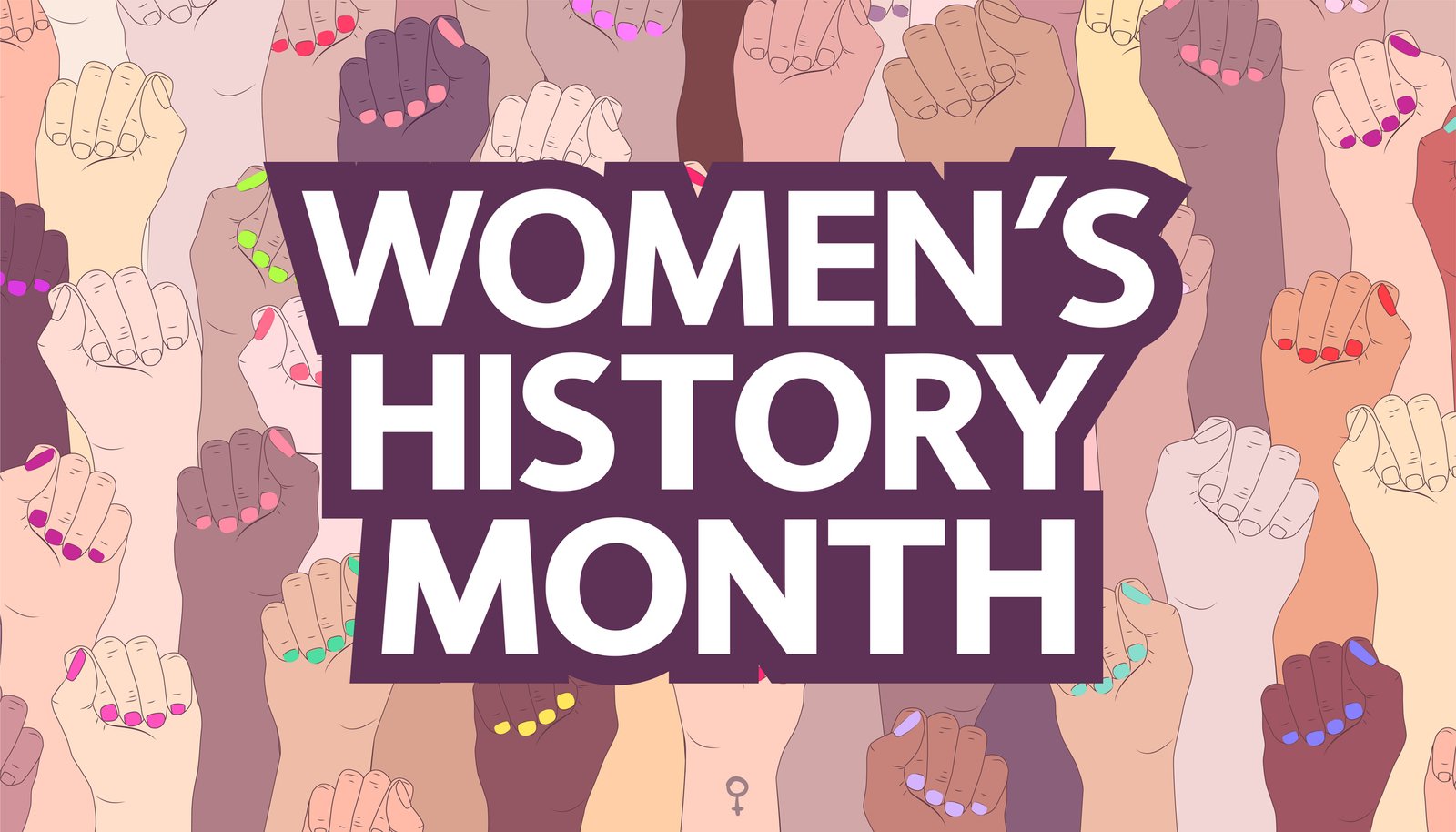Discover valuable educational resources for Women’s History Month in our upcoming blog post. Stay tuned for insightful content!
1. Women They Talk About: Documenting Early Women Filmmakers
The American Film Institute’s project sheds light on the forgotten stories of women who shaped the early film industry. Dive into the lives of powerful women, both in front of and behind the camera.
2. Library of Congress Resources:
Explore primary source sets like “Framing the Lives of Civil War Nurses,” “Reflections on Citizenship,” and “Women in Science and Technology.”. These resources provide valuable insights into women’s contributions throughout history.
3. National Archives:
Discover the “Rightfully Hers Pop-Up Display” and explore primary sources related to women’s rights and suffrage. These materials can enrich classroom discussions and activities.
4. Backstory: Shattering the Glass Ceiling:
Uncover the stories of women who broke barriers and made significant strides in various fields. From Eleanor Roosevelt to the women codebreakers of World War II, these narratives inspire and empower.
5. Hidden Figures: The People Behind the Story You Know:
Highlight the remarkable achievements of African American women mathematicians and scientists at NASA during the space race. Their contributions were pivotal but often overlooked.
6. In Her Shoes: Lois Weber and Early Hollywood:
Explore the legacy of Lois Weber, a pioneering female filmmaker. Her impact on early Hollywood deserves recognition.
7. Dolores Huerta and the United Farm Workers (UFW):
Teach students about the influential labor leader Dolores Huerta and her tireless advocacy for farmworkers’ rights.
8. Maya Angelou: A Phenomenal Woman
Celebrate the life and work of the iconic poet, author, and civil rights activist Maya Angelou.
Remember, Women’s History Month is an opportunity to commemorate, learn, and celebrate the vital role of women in American history. Feel free to weave these resources into your blog post and inspire your readers to appreciate the remarkable women who have shaped our world!
Women’s History Month began in 1978 with a week-long celebration organized by the school district of Sonoma, California. During the event, presentations were held in schools, students participated in the “Real Women” essay contest, and a parade took place in downtown Santa Rosa. The idea gained momentum, and in 1980, President Jimmy Carter declared the week of March 8 as “National Women’s History Week.” The US Congress followed suit the following year, establishing a national celebration. Ultimately, in 1987, the National Women’s History Project successfully petitioned Congress to expand the event to the entire month of March.
Founders of the National Women’s History Coalition, including Molly Murphy McGregor, Mary Ruth’s daughter, Maria Cuevas, Paula Hammett, and Bette Morgan . , played an important role in shaping Women’s History Month. Their coalition proclaimed Women’s History Week, which eventually grew into the month-long celebration we recognize today.






Your article helped me a lot, is there any more related content? Thanks!